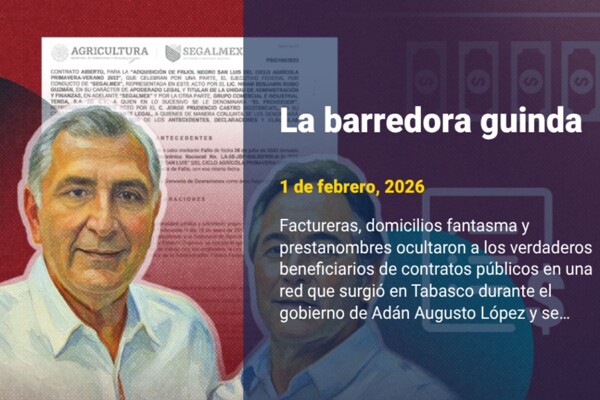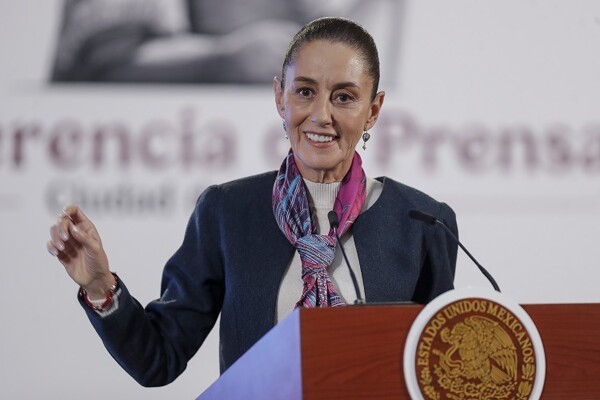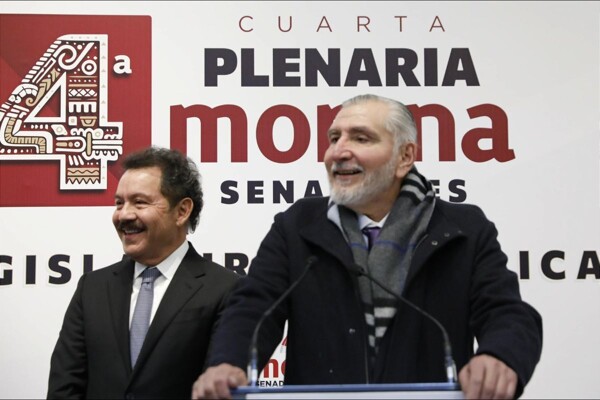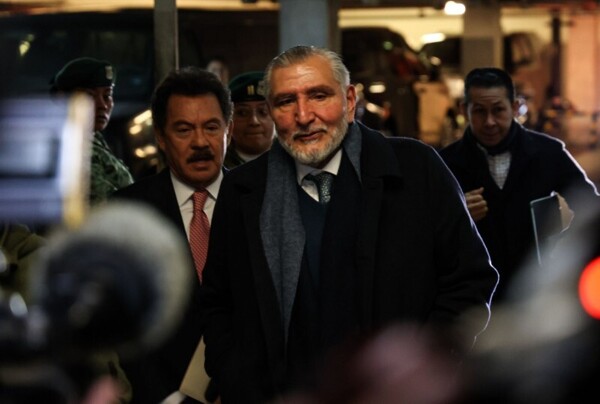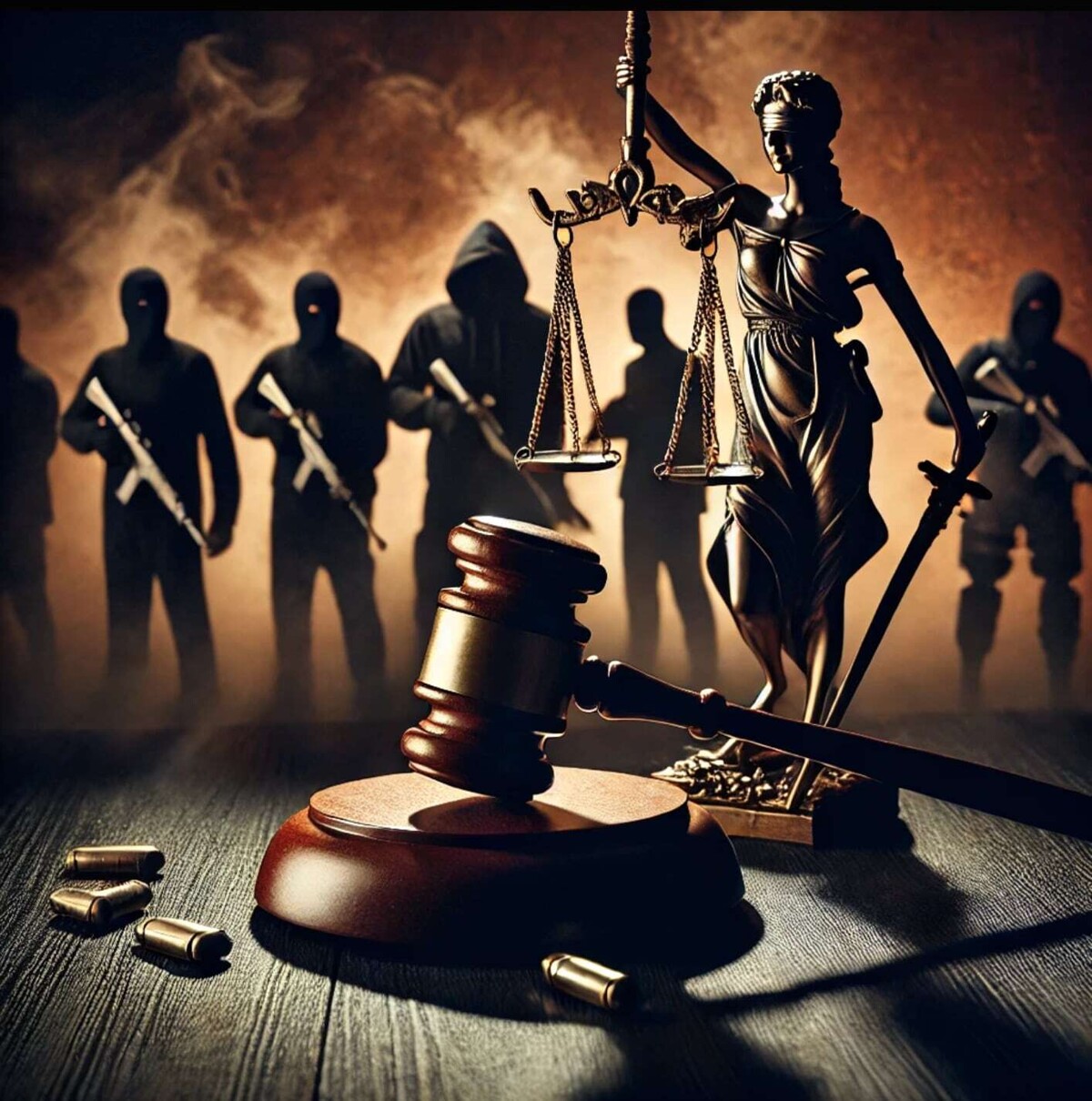
In the last three years, the Judiciary of Mexico has granted freedom to 72 individuals identified as leaders or members of criminal groups, raising concerns about judicial decisions and their impact on the country's safety. From January 2022 to January 2025, various judges have allowed the release of individuals prosecuted for serious crimes such as drug trafficking, kidnapping, torture, and other violent crimes through acquittals, changes in precautionary measures, and early releases.
Last Friday, Omar García Harfuch, Secretary of Security and Citizen Protection (SSPC), mentioned that the recent handover of 29 kingpins to the United States occurred due to the risk that these criminals could be released or receive judicial benefits that would delay their extradition. According to a special report by the newspaper Contra Replica, judicial decisions regarding these cases include highly dangerous figures who have been released under controversial circumstances.
Among the most notable cases is Inés Coronel Barrera, linked to the Sinaloa Cartel and father-in-law of Joaquín 'El Chapo' Guzmán, who obtained his early release on April 5, 2022, by order of Judge Fredy Portillo González. Another relevant case is Javier Adrián Salazar, alias El Barbas, former regional leader of the Zetas cartel, who was acquitted on February 29, 2024, by Magistrate Rodolfo Martínez Abarca, despite being detained for offenses related to weapons and drones.
Additionally, Fernando Sánchez Arellano, alias El Ingeniero, nephew of the founders of the Arellano Félix Cartel, obtained his provisional release on December 25, 2023, following the ruling of Judge Aarón Abraham Rodríguez Agúndez. Other cases include Saúl de los Santos de Jesús, alias El Comandante Fósil, a fuel thief leader linked to Los Bukanas, who was released by the First District Court of Federal Criminal Proceedings in Veracruz.
These releases have sparked intense debate about the actions of the Judiciary and the effectiveness of the justice system in combating organized crime. While federal and state authorities express their concerns, many question whether the judicial system is allowing the most dangerous criminals to continue operating freely, which poses a direct threat to public safety.











